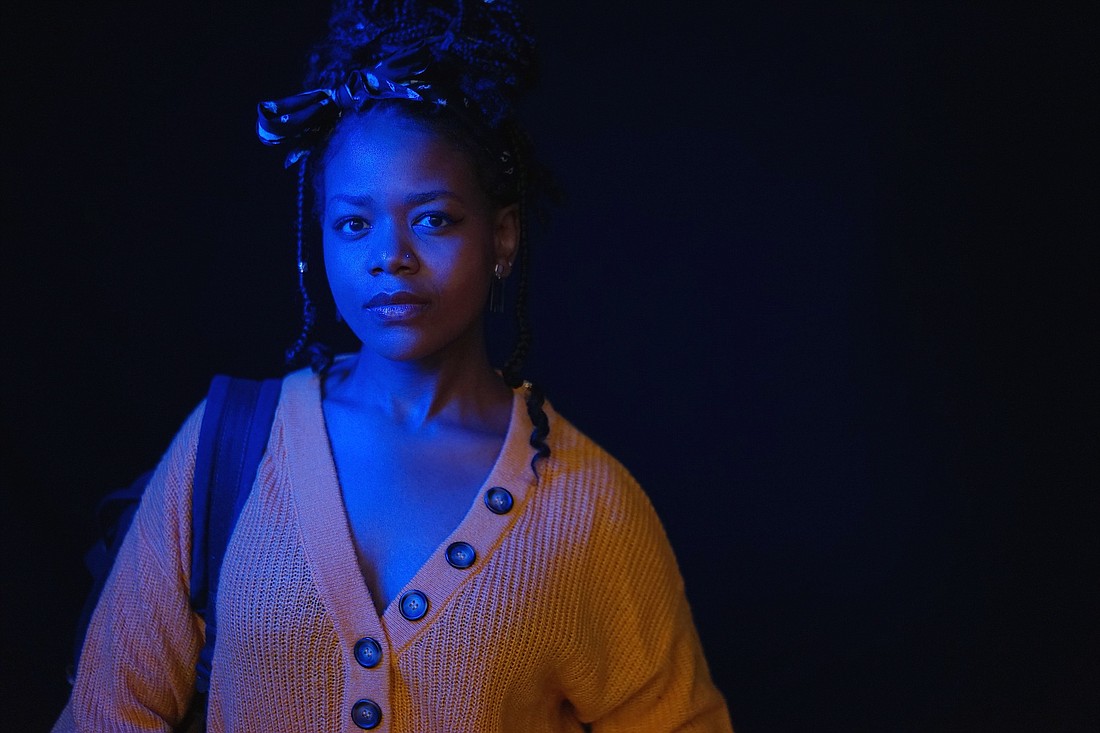- November 23, 2024
-
-
Loading

Loading

“What is truth?” Pilate posed the question years ago and the debate goes on. Playwright Eleanor Burgess’ “The Niceties” will bring that discussion to the Urbanite Theatre. Her two-person play ratchets up the tension in a talk between a university college professor (who happens to be white) and her top student (who happens to be black). On the surface, they’re wrestling with the connection between slavery and the American Revolution. But the definitions of history, race, honor and guilt are all at stake. The possibility of unfettered intellectual discourse is, too. Burgess definitely wants to keep the conversation going. She was happy to answer our questions in the following interview.
This play grew out of an incident that happened at Yale in 2015. It started with a disagreement over whether the administration should advise students about culturally insensitive Halloween costumes, and exploded into a much larger discussion about the experience that students of color were having at this elite school. I did my undergrad at Yale and all of my friends were talking about this and processing our own experiences. I realized that any discussions we tried to have were a total failure. Everyone picked one side or the other and couldn’t talk to the people on the other side with understanding or empathy. I spent about a month and a half going down the internet rabbit hole. I just read all day about what was now going on at Yale and other colleges — the students’ perspectives, the professors’ responses, and the alumni op-eds. Gradually, all of these different voices coalesced into two characters, arguing with each other endlessly inside my head.
There are many points of conflict. A big entry point is: What should we make of American history? Is it a story of democracy, innovation and progress, or a story of oppression, exploitation and injustice? Then, those discussions raise even deeper questions. How do we know what’s “true” about the past? About the present? When we disagree, how should we navigate talking to each other across those disagreements? Do we owe other people respect and good faith, or should we be honest when we think someone is dead wrong? Then, finally, the play is in part about revolutions. The big question here is: What is the best way to make change? Do we push for what we think is best, or compromise with other people and water down our thinking to gain more support?
In many ways, this play is more about a generational divide than a racial divide. It’s an age-old story about people looking at each other across an age divide and being unable to understand each other, the young person saying, “You didn’t do enough,” and the older person saying, “You don’t understand what I was up against or how much I really did.
My play is partly about that classic power struggle: Whose version of events, historical or contemporary, should be believed? But it’s also about deeper epistemological questions: How do we know what we know about the past? About the present? If someone wrote something down does that make it true? If someone says they’re experiencing something, do we have to believe them, even if we see things a different way?
Well, I did think about updating it, but it felt false. First, this isn’t a play about Trump or the 2016 presidential election; it’s about much deeper, long-standing questions about what America is and should be. Second, a big part of the fun is that the characters don’t know what’s coming, and the audience can fill in that part of the story themselves. That said, I was revising the play throughout 2017 and 2018. But I didn’t revise the core issues: How should we talk to and work with people we disagree with? Should we try to build consensus or push for radical, controversial change? I think those are still very much the issues of our time. And they’re central to the 2020 election.